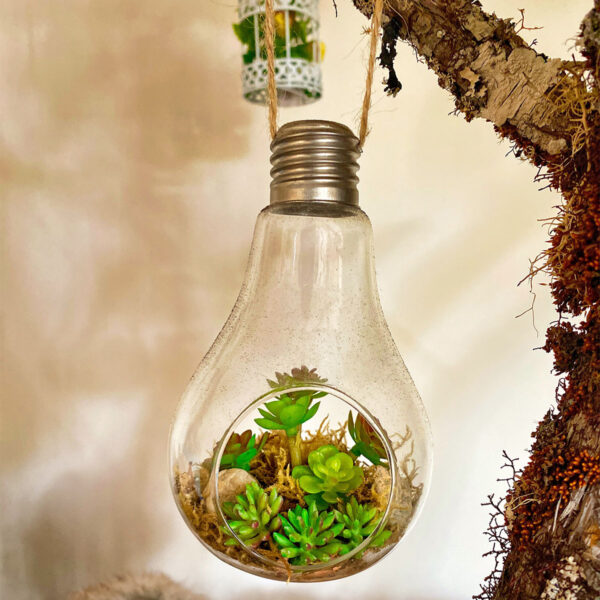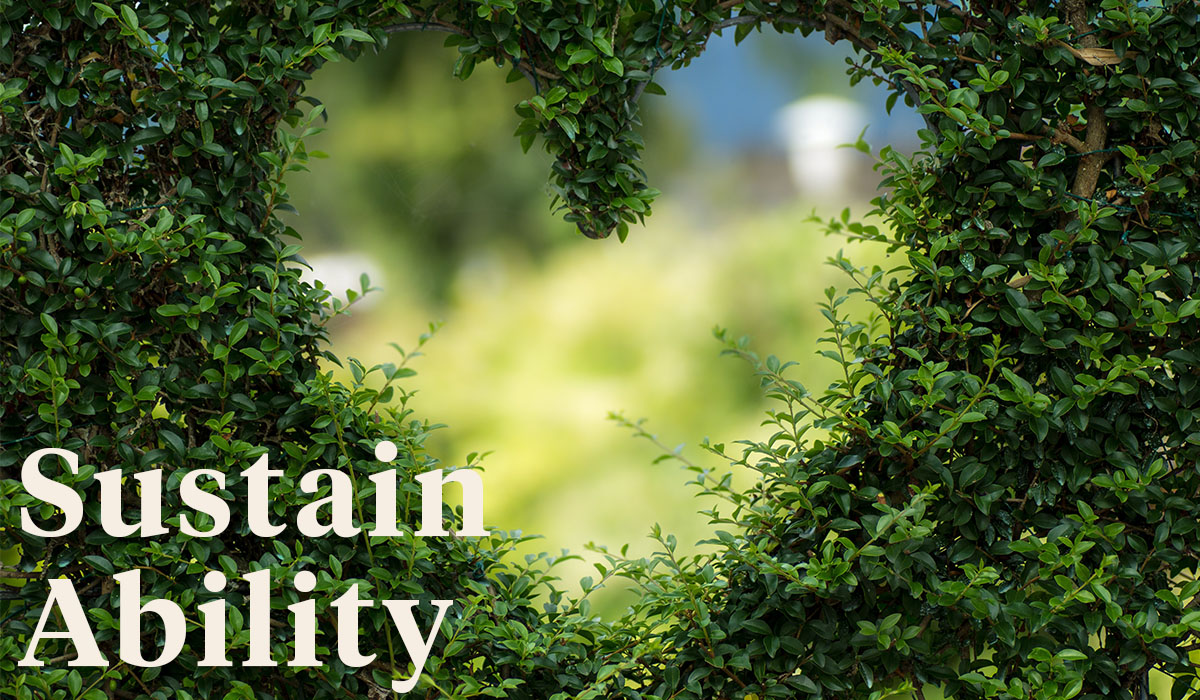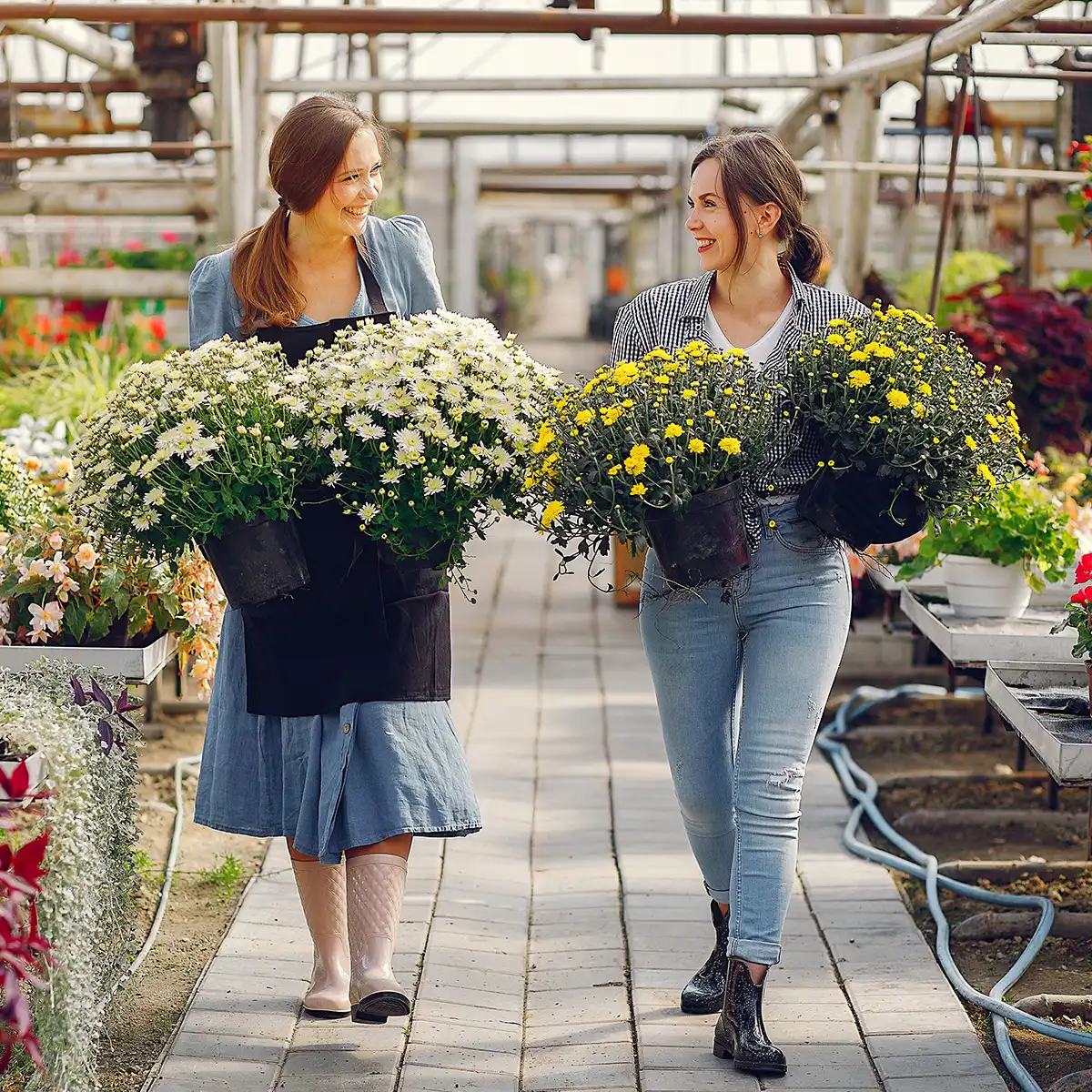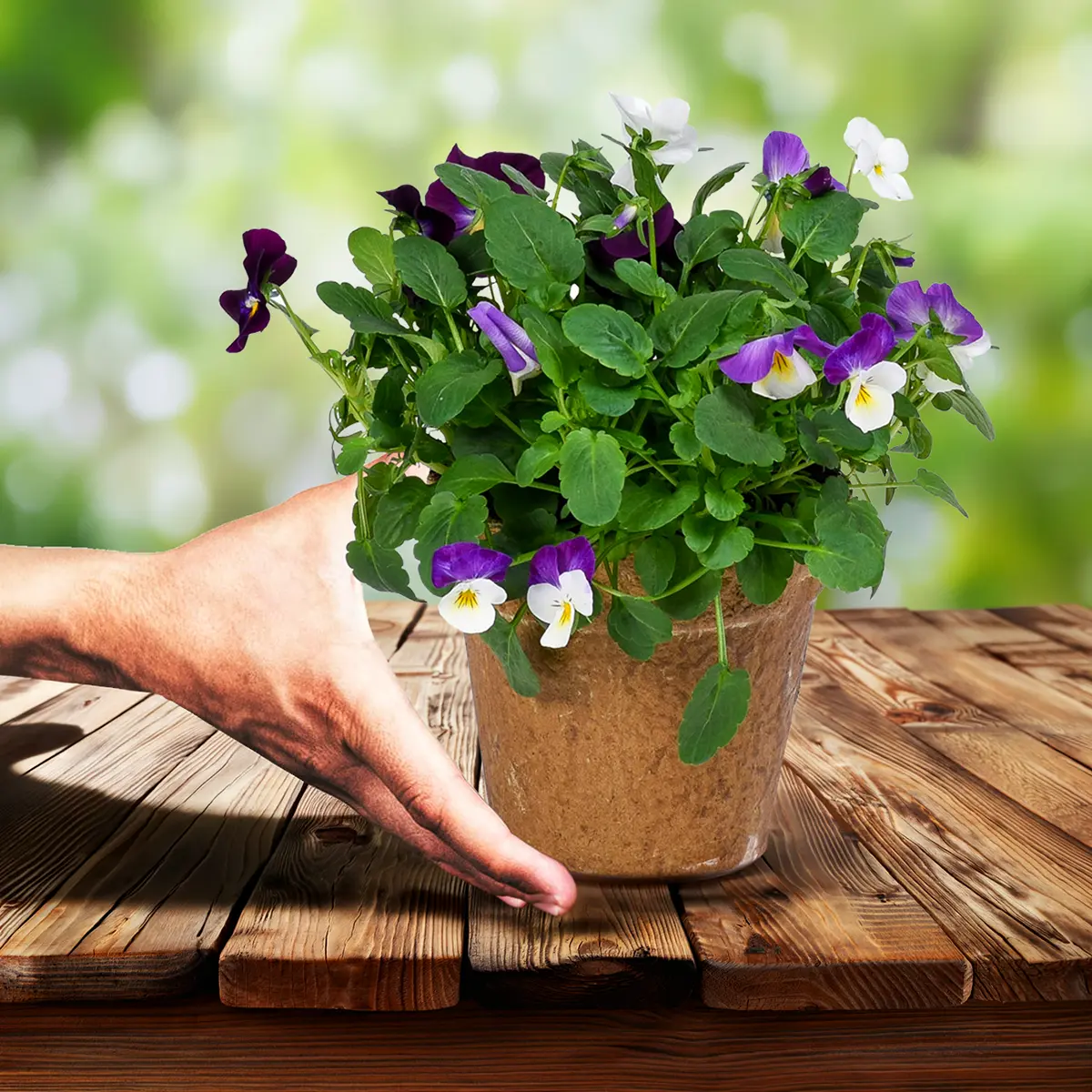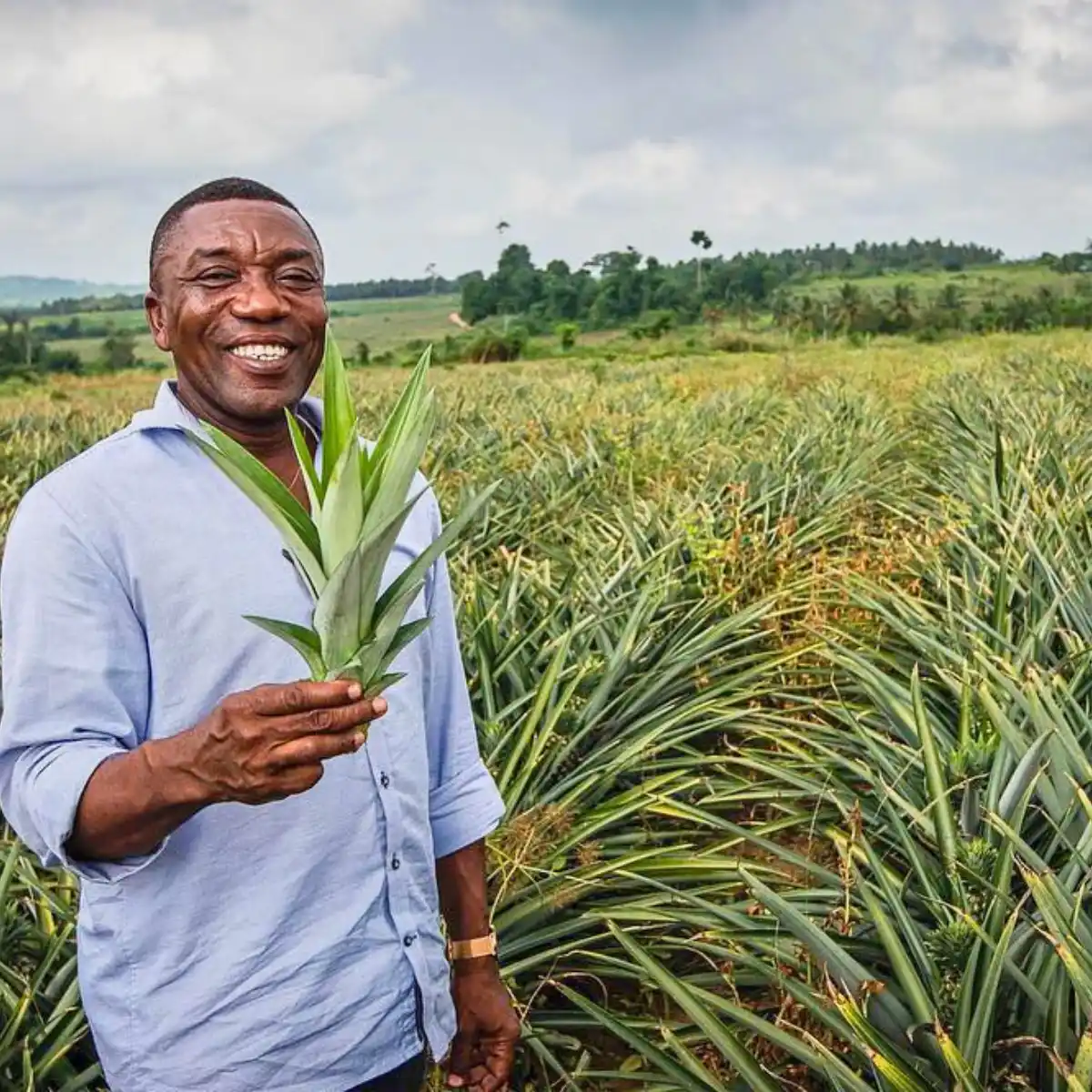Sustainability Is a Big Topic Today
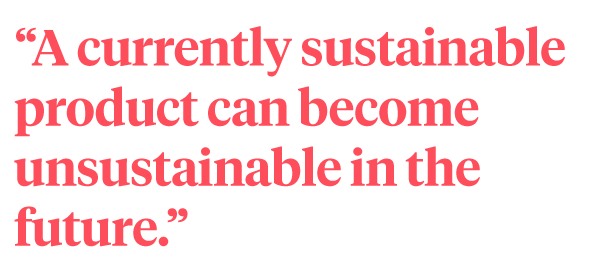
The Word 'Sustainability'
Let’s start off with the word itself. Sustainability, sustain ability, ability to sustain. In my view, this is the ability to sustain a good life for all of us. So what do we need for that? I think the Brundtland definition of sustainable development should be the basis:"Sustainable development is a development that meets the needs of the present without compromising the ability of future generations to meet their own needs."
Note that there is no mention of environmental impact in this sentence. That is because that is not the only aspect of sustainability. To be able to meet your needs, you need a healthy environment, but good working conditions and a fair wage as well.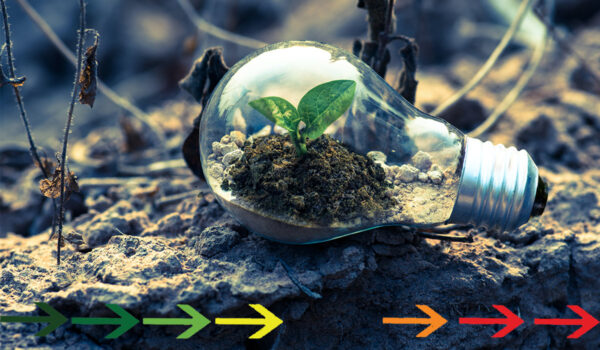
Development
The word ‘development’ is key here. I don’t believe a product in itself can be sustainable. No, it needs to be placed in the context of scale and time. Take for example the use of fossil fuels. We thank our current standard of living largely to its great properties of providing cheap and reliable power for decades, but we all know that it can’t last the way we are using it right now: it does not have the ability to sustain us for many generations to come. What it can do, is provide the energy needed to build renewable power plants and efficient non-fossil transportation systems, so that future generations can have cheap and reliable power as well.An Example
In terms of scale, let’s take an electric car as an example. Great solution when compared to a petrol car: higher durability, better air quality and of course lower usage emissions, especially when running on renewable energy. But getting every person an EV might need more materials for batteries than are available. It can be part of a sustainable transport system but is not the only solution.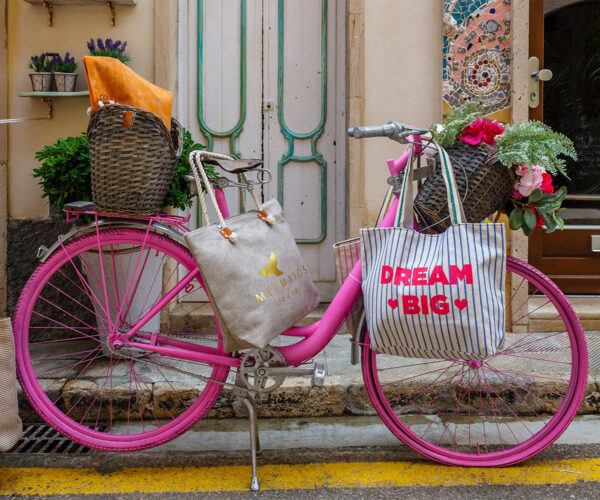
So What Is a Sustainable Product?
A sustainable product, in my view, is a product that is a part of this ever-evolving sustainable development, replacing the now unsustainable products. And to be clear: a currently sustainable product can become unsustainable in the future. How do plants and flowers fit in this sustainable future? If sustainable development is all about needs, can cut flowers be sustainable at all? (hint: gifts and decorations not essential to survival, but does that make them not needed?) And how then can we make sure we produce a sustainable amount of them? These topics will be addressed in future articles. Next, to that, I will talk about the circular economy, LCA, and random brain dump about sustainability-related subjects. One teaser: is creating products out of waste delaying sustainable development?